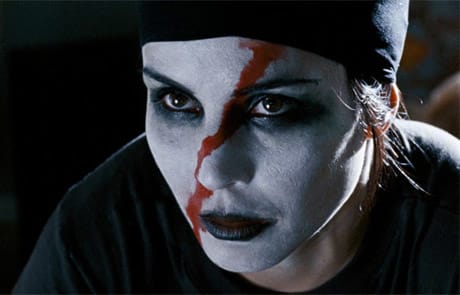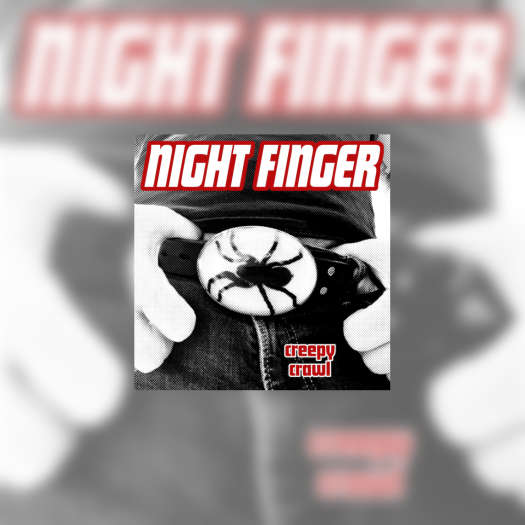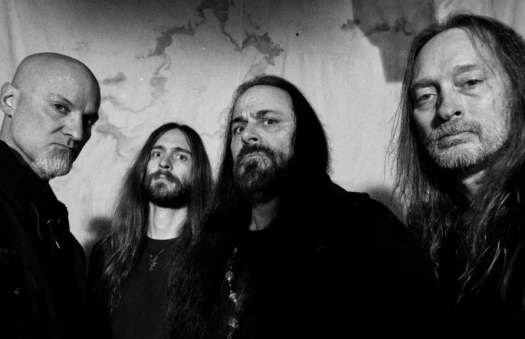A few months ago, when the first Swedish adaptation of Stieg Larsson's Millennium trilogy, The Girl with the Dragon Tattoo, came to theatres for English-speaking, North American audiences, all three films had already been completed and released throughout most of Europe. Resultantly, the series lends itself to an aggressive, non-stop marketing campaign tied to the novels in the hopes of creating a Twilight-like buzz for adults, only advocating female empowerment rather than sexism and co-dependency.
Featuring the same actors and complex, politically minded plotting, the main distinction between The Girl Who Played with Fire and its predecessor is cinematic vision. Where Niels Arden Oplev peppered Tattoo with visual trajectories, colour palettes and character-defining stylizations, Daniel Alfredson (who directs both Fire and Hornet's Nest with the same indifference) is content to present the narrative through static exposition, much like a televised miniseries with the occasional graphic sex scene.
Luckily, this second entry has a naturally clever story with enough twists and complications to engage regardless of the slack direction. It starts with Lisbeth (Noomi Rapace) returning to Sweden after a year abroad, only to pay a visit to her rapist and guardian Nils (Peter Andersson), reminding him at gunpoint to fill out reports advocating her good behaviour lest she release the recording of him sexually assaulting her.
Unfortunately, she leaves her fingerprints on his gun, which is then used to shoot two freelance reporters working on a sex trafficking article exposing the raping of Eastern European women by Swedish men of influence (a topic handled in the heartbreaking and criminally under-seen Lilya 4-Ever). While Lisbeth simultaneously hides from authorities and investigates the crime, her loyal friend Mikael (Michael Nyqvist) tracks a mysterious kingpin that goes by the name Zala.
It's all a bout of playfully pulpy and sharply executed polemics posed in the form of an adult mystery thriller. While infinitely more dignified and respectful of its audience than most North American entries to the genre, there is still an overwhelming feeling of missed opportunity, especially when Lisbeth sits across from an ex-employer who explains her personality to her. A better film would have let visionary storytelling and acting fill in these blanks instead.
(Alliance)Featuring the same actors and complex, politically minded plotting, the main distinction between The Girl Who Played with Fire and its predecessor is cinematic vision. Where Niels Arden Oplev peppered Tattoo with visual trajectories, colour palettes and character-defining stylizations, Daniel Alfredson (who directs both Fire and Hornet's Nest with the same indifference) is content to present the narrative through static exposition, much like a televised miniseries with the occasional graphic sex scene.
Luckily, this second entry has a naturally clever story with enough twists and complications to engage regardless of the slack direction. It starts with Lisbeth (Noomi Rapace) returning to Sweden after a year abroad, only to pay a visit to her rapist and guardian Nils (Peter Andersson), reminding him at gunpoint to fill out reports advocating her good behaviour lest she release the recording of him sexually assaulting her.
Unfortunately, she leaves her fingerprints on his gun, which is then used to shoot two freelance reporters working on a sex trafficking article exposing the raping of Eastern European women by Swedish men of influence (a topic handled in the heartbreaking and criminally under-seen Lilya 4-Ever). While Lisbeth simultaneously hides from authorities and investigates the crime, her loyal friend Mikael (Michael Nyqvist) tracks a mysterious kingpin that goes by the name Zala.
It's all a bout of playfully pulpy and sharply executed polemics posed in the form of an adult mystery thriller. While infinitely more dignified and respectful of its audience than most North American entries to the genre, there is still an overwhelming feeling of missed opportunity, especially when Lisbeth sits across from an ex-employer who explains her personality to her. A better film would have let visionary storytelling and acting fill in these blanks instead.




